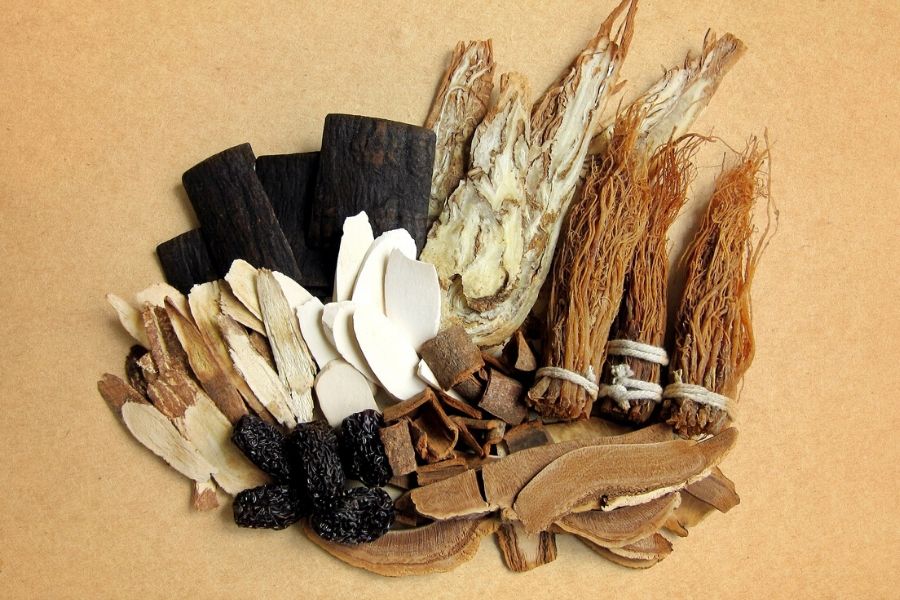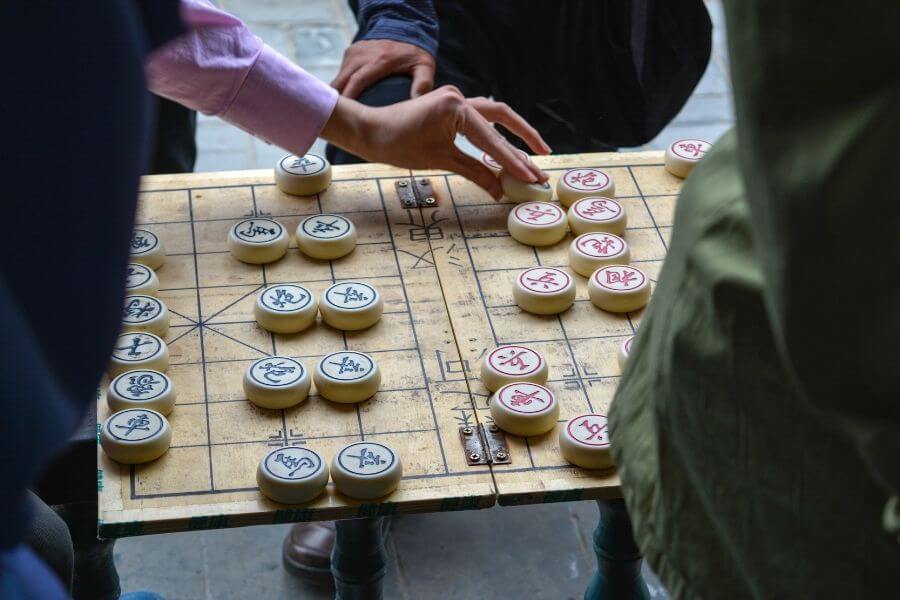
The “Tales of the Criminal Courtroom” Series is a collection of articles written by J. Wong, who is a Chinese judge currently serving in the criminal division of an Intermediate People’s Court. For over a decade, J. Wong has tried thousands of criminal cases and has received many awards for excellence in judgment writing and case analysis.
For so many years I have worked as a criminal judge, this was the first time that I have seen such a thing: a defense lawyer sent me three big packs of poisons! He is the lawyer of an appellant case I was dealing with. His client, a traditional Chinese medicine (TCM) vendor was sentenced to two years and six months in prison for the crime of negligent homicide by the first instance court. Luckily, I was not in the office when the package arrived and it was my assistant who took it.
When the assistant came to me with the poisons, I felt it necessary to ask the lawyer what was wrong with him. Later, I held a pre-trial conference with the lawyer and a prosecutor where I finally realized that it was just a simple and rude way to present evidence.
In this case, the defendant was a TCM doctor and owner of a pharmacy selling traditional Chinese medicine. One sunny day, he placed some herbs at the doorway to be dried. A few days later, one of his neighbors came to him and said, “Doc, my husband drank some medicated wine, and suddenly lost consciousness. What should I do?" The doctor told her how to treat it - to take a lot of licorice water immediately. However, his shop happened to run out of licorice, so the woman was told to buy elsewhere. She returned home only to find her husband already dead. Soon the police came to the doctor, saying that the man was dead because the wine contains poisonous Chinese medicine he had stolen from the shop. Thus, the doctor was suspected of committing a crime. Though refusing to plead guilty in the first instance, the doctor was charged the crime of negligent homicide and was sentenced to 30 months in jail and compensation for financial losses experienced by the deceased's surviving family members.
I felt very weird when I read the file of this appeal because two key questions remained unclear. First, is the herb taken by the deceased exactly the herd dried by the vendor? The testimony of the deceased’s family member (the woman) is anecdotal evidence, which actually comes from the “final words” of the deceased. The deceased said that he stole the herb from the TCM pharmacy a few days ago when the herb was put outside to be dried. He soaked this herb into wine with some other medicinal materials and drank the wine. Although there is an old Chinese saying that " a dying man’s words are good words" (meaning the advice offered by a man on his deathbed are usually meant with good intentions that will greatly benefit the one who hears the advice [1]), there is no witness or camera that could confirm the deceased’ words even if he does not lie and his wife is exactly repeating his word. Even forensic identification can only confirm that the cause of death is a certain toxic component contained in the herb, but it cannot be exclusively directed to the herbs that are dried by the TCM pharmacy. Therefore, the testimony of the woman is uncorroborated and shall be inadmissible in court in accordance with the law.
Second, is there a causal relationship between the conduct of the doctor drying herbs and the death of the deceased? Even if the deceased died of the herb he stole from the TCM pharmacy, it is worth considering whether the doctor/TCM vendor should be held liable, for what liability, civil or criminal, and to what extent. As we all know, Chinese herbal medicines are so complicated that two safe medicines together may make a poison and two toxic medicines may make a safe one when mixed. Will the herbs dried at the door cause an immediate death? Not known. The doctor claimed that he had been watching at the pharmacy for a few hours except for a short while spent in the toilet. Then how is the drying of Chinese herbs regulated? Not known. The fact that Chinese herbs are often dried at the door does not speak its legitimacy. All in all, the crime of negligent homicide is premised on the fact that the perpetrator “should foresee” the consequences -- his action may cause the death of others. This kind of “anticipation” obligation is closely related to the toxicity of the aforementioned herbs and the legality of the drying behavior. However, no answer has been found from the evidence and the police investigation.
From the perspective of the defense lawyer who sent me the poison, the possibility of the deceased obtaining the medicine from elsewhere cannot be ruled out. He obviously does not buy the story that “dying man’s words are good words”. To prove his doubt, he purchased these "poisons" from a number of pharmacies within one kilometer of the residence of the deceased under the supervision of a notary office. These similar herds all contain ingredients identified from the body of the deceased, but their names are completely different. At the pre-trial conference, he carefully took out the medicine with gloves and asked, "Can you see the difference?" The first-instance judgment determined, only based on the ingredient, that the deceased took a medicine called "wild aconite"(草乌)that led to his death, yet the reality is no one can tell.
In view of the serious lack of evidence, I sent the case back to the retrial and advised the court of the first instance to declare the accused innocent if the Procuratorate could not supplement the evidence. When my assistant called the lawyer to get the ruling, I specifically added: "Don't forget to ask the lawyer to take those three packs of poison back."
Consequently, the Procuratorate dropped the case. This is actually declaring the defendant acquitted. People may say the acquittal rate in China is too low. In fact, many acquittal cases end up with a lawsuit withdrawal to save the face of the public prosecution while the defendant’s legal rights are guaranteed.
Later one day, the vendor entrusted his lawyer to call and thank me for proving his innocence. He had moved out of this city. I felt a little bit low, yes, he must have been scared by the potential jail sentence of two years and six months.
[1] A dying man’s words are good, 人之将死其言也善, by Zeng Shen, a Chinese philosopher (505BC-435BC) and a student of Confucius, at Susan Day (susanday.net), 15 March 2016.
Contributors: J. Wong









